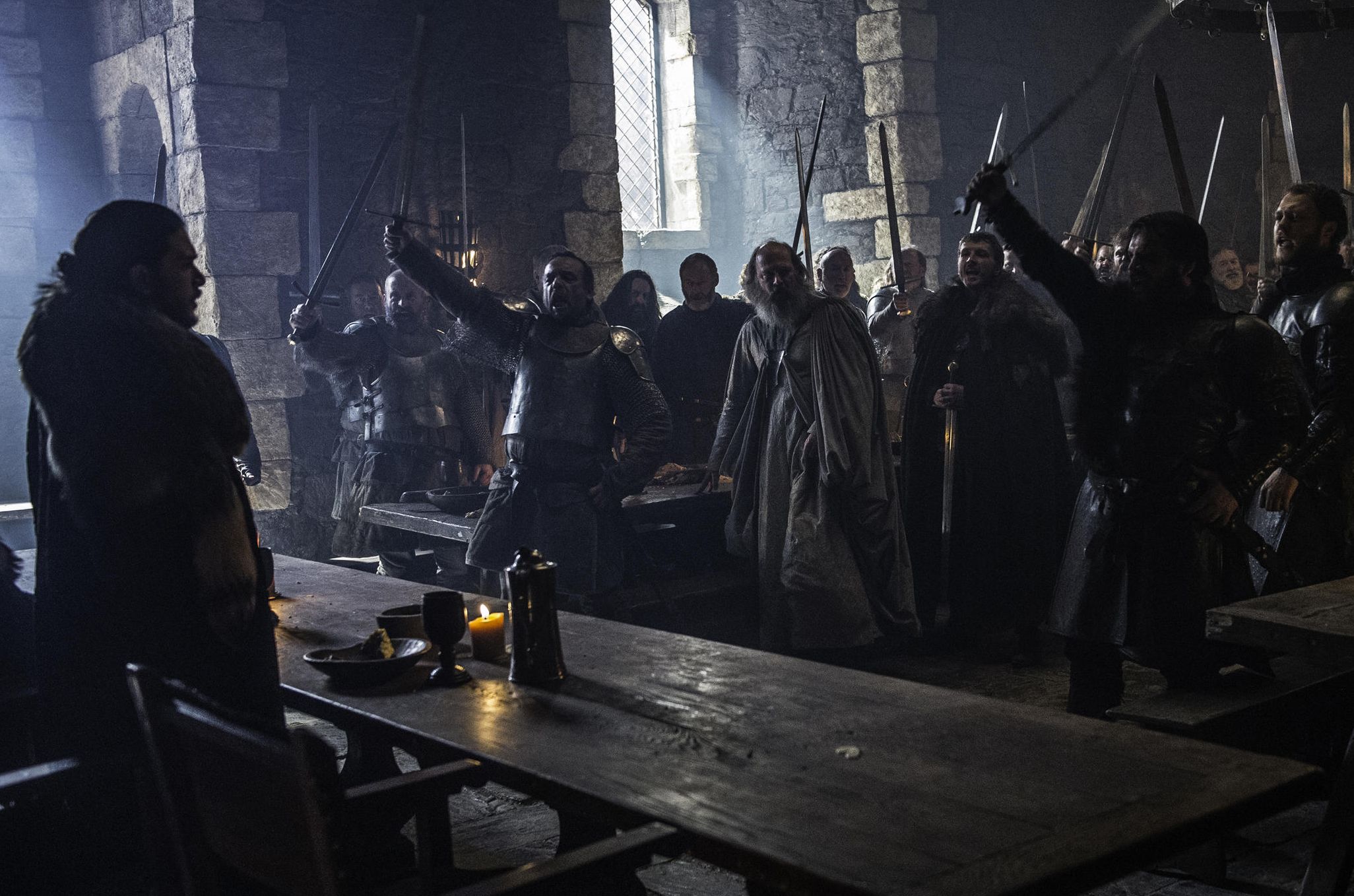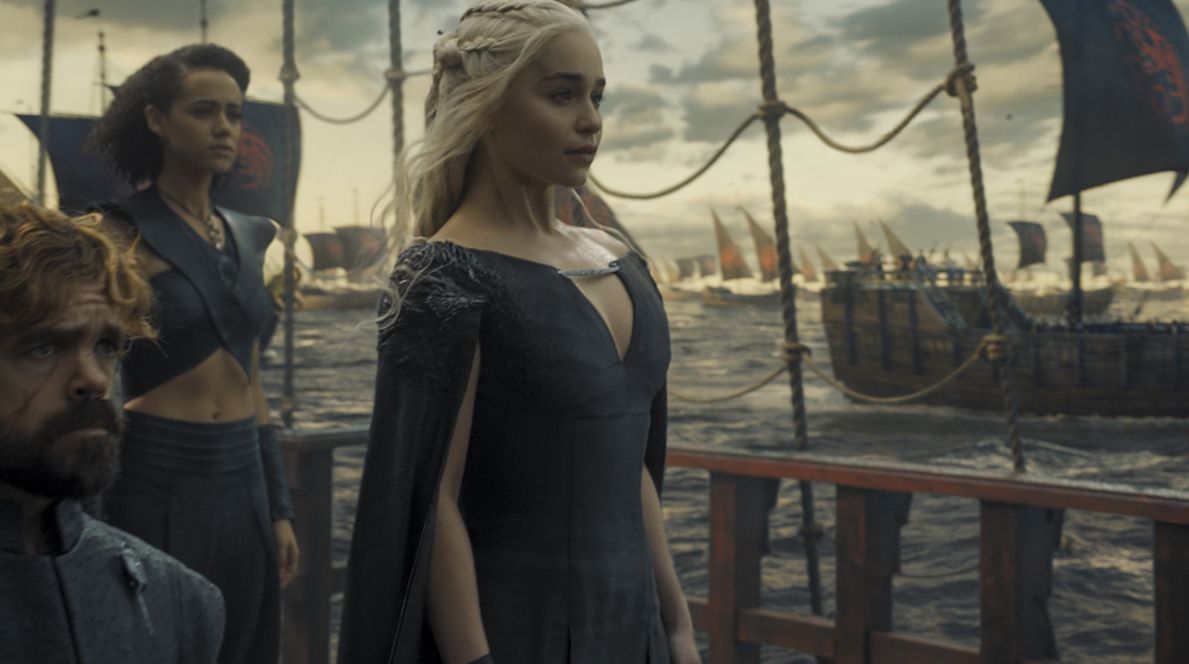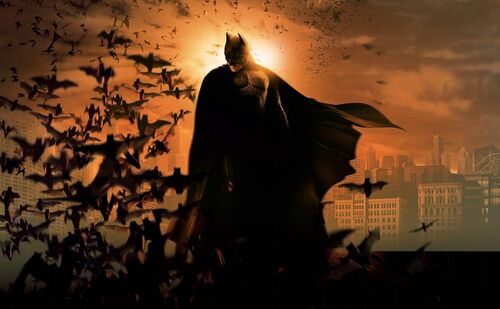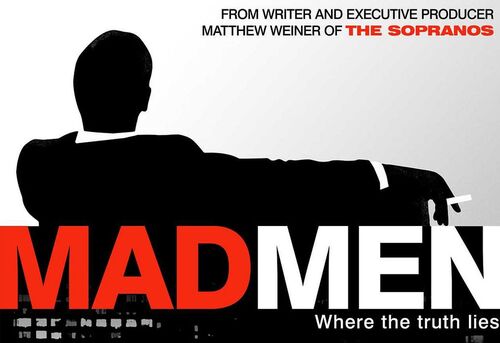
'Game of Thrones' Season 6 Finale Review
 The sixth season of Game of Thrones has been about setting up act three in one long, epic fantasy. Pieces were moving at a rate faster than in any other season prior to this, and in the aftermath of the most satisfying episode the series has conjured to date, everything has changed. Warning, spoilers follow.
The sixth season of Game of Thrones has been about setting up act three in one long, epic fantasy. Pieces were moving at a rate faster than in any other season prior to this, and in the aftermath of the most satisfying episode the series has conjured to date, everything has changed. Warning, spoilers follow.
Portions of this season have faltered, such as the increasingly dormant Dorne storyline, though even that gets a sharp boost forward. Remarkably, the series has spent six seasons refusing to bend the knee to established narrative rules all along, from heroes Ned and Rob Stark falling when in any other circumstance they should be the prevailing heroes of the tale, to the deaths of evil characters not quite giving us the satisfaction we expect (watching Joffrey choke to death at his own marriage was not something to celebrate, but to pity).
I was critical of season five, which felt as though it was stretching things out just a little and spending far too much time on lackluster plots. These were mended in this season, and if viewers thought it had lacked death up until the season finale, then Thrones made amends in spades. 'Satisfying' is the key word when describing the finale, because so many pieces fell into places that just made complete sense. Ironically, that's the one thing the show has always steered clear of. But if it had to fall in line in order to set itself up for the coming end, then it did so in the best way possible.
When Sansa declares to Jon that winter has arrived, and when they both smiled as they reminisced on their father's famous words, "Winter is coming," it all but confirmed that we now enter the series endgame. Watching the surrounding Northern houses raise their swords to the King in the North is profoundly thrilling, though Sansa has a devil on her shoulder that might cause some issues.
In the South, Cersei makes her play that's been in the making for the entire season, and while the end of a handful of characters is tragic, it also felt almost too heavily intent on ensuring that there is a formidable opponent on the other end of Daenerys and her dragons. The destruction of the Sept and the build up to it made for perhaps the show's most stunning fifteen minute sequence in memory, if we take into account how confidently the music told the story as much (if not even more-so) than the visuals. While it brings to an end the religious aspect of the series, it doesn't feel as though there was enough weight behind that storyline's ending as much as it is the beginning of Queen Cersei's reign. That could be due to the fact that the High Sparrow felt like an incomplete riddle, or even just because of his sudden demise, along with a couple of beloved faces that left us so suddenly we barely had time to register.

We touched base with a number of characters who have weaved in and out of the season quite inconsistently, though still their strides forward this episode make up for any lack of appearance. Sam arrives at the Citadel, though upon revealing the world's most complex and comprehensive library I couldn't help but think, "where do you start?" It would overwhelm 99% of people, but Sam isn't in that percentage. And his smile is well deserved. Similarly, Bran reaches his destination, and another flashback reveals just who Jon Snow is. This sequence leads straight into the North's declaration for Jon, in an episode that took full advantage of the show's impeccable editing prowess when it comes to leading one scene into the next.
And of course, Danaerys gets to close out the season, as she has so often. This time, thankfully, it's a little less dramatic - she's already had one big flaming finale this year - but it's a thrilling tease that leaves us desperate to see what's next. This wait may perhaps feel longer than any previous hiatus before it, and the sting of a possible shortened season seven and eight makes it that much harder to bare. Daenerys herself gets a few poignant moments, though it's a shame that leadership has to equate to a complete lack of emotion. Tyrion voices his newfound belief, and is rewarded for that belief, and I can't wait for his arrival in Westeros, and particularly his reunion with Jaime (which has to happen, right?)
Arya returns to Westeros in the meantime, and perhaps leaves the defining mark on my argument that act two has officially closed for the show, killing the blood-curdling Walder Frey in the same manner as he had her mother killed, and ending a thread that's been dangling for three seasons now.
There was once in the history of this show that I stopped watching. I can't remember why, and I won't bother coming up with an excuse. I marathon-watched that season, and haven't ever looked back. Season 6 felt as though it improved on every one of season 5's faults, and while we have to hope the show doesn't entirely bow to its narrative expectations as it heads toward its inevitable ending, we can expect heartbreak but also, now, perhaps some hope and victory. We can speculate on how this great series will end, but something tells me it won't be so predictable when push comes to shove in the great game.


